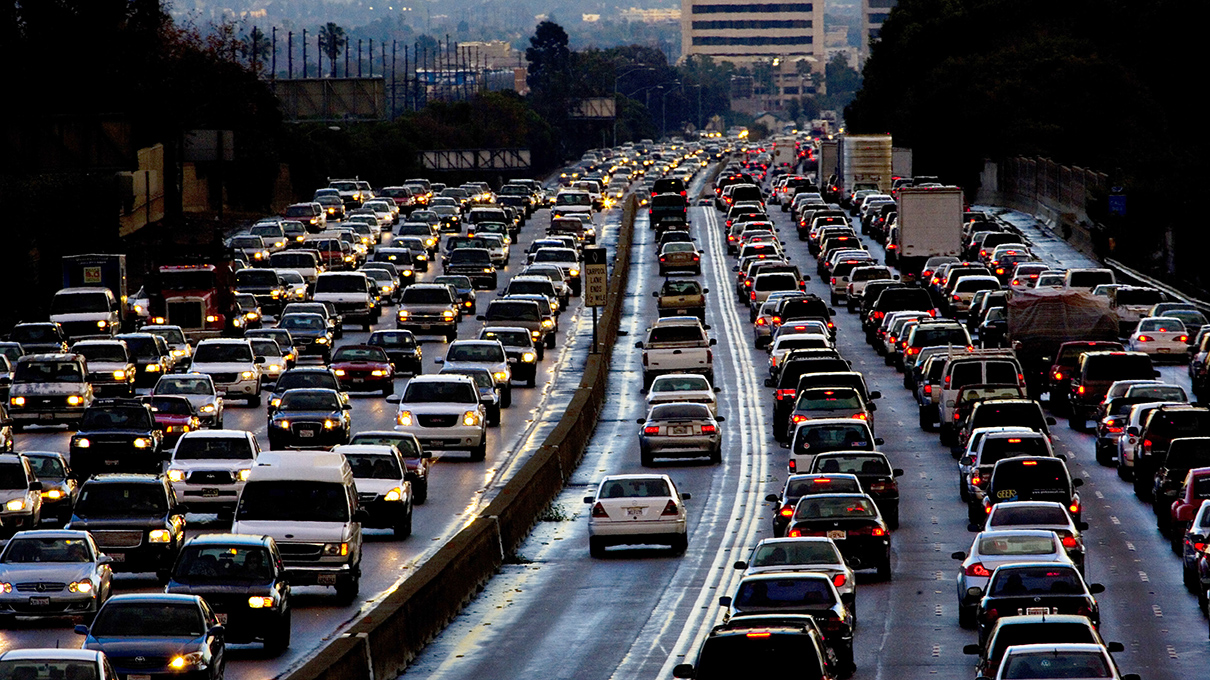Climate change is not going away. Pollution is not abating. Harmful gas emissions are not decreasing. Within the European Union, road transport is responsible for about 20% of all CO2 emissions. That’s enough for us to be asking the question: what is being done about the gas emissions from road transport?

It seems like governments within Europe are finally starting to respond to what’s going on as they increasingly start to consider diesel and petrol car bans.
Cities across Europe are struggling to meet EU air quality standards. Just last week the Federal Administrative court in Leipzig, Germany ruled that older, more polluting diesel cars can be legally banned from zones worst affected by pollution in the cities of Stuttgart and Dusseldorf. This could set a precedent not only within Germany but also amongst other EU countries to crack down on emissions from diesel cars.
Both France and the UK governments have set a target of banning the sale of new cars running solely on petrol or diesel by 2040. In the UK, there has also been much talk of higher taxes or limits on usage for diesel car owners and in the November budget it was announced that a one-off tax increase in April will be implemented for customers buying new diesel cars, unless a higher standard on emissions is met.
Further to this, London has introduced a greater congestion charge for those cars with higher emissions and other cities such as Oxford are considering city centre access too.
The prospect of bans and taxes has seen the diesel industry take a hit; the UK’s diesel car sales fell by 25% in January this year. Consumers are already moving away from the market and bans will only accelerate the process. Yet this isn’t being translated into electric vehicle sales in the way that is needed. The International Energy Agency wrote in a report last year that the global electric car stock is just 0.2% of the total number of passenger light-duty vehicles (PLDV). The bans and taxes won’t be enough to drive the change, governments need to take a more active role in supporting the electric vehicle industry too if they stand any hope of meeting future air quality standards.

However, as the automotive industry turns towards the electric technology, it’s not just the government who needs to instigate change. Consumers need to look to themselves too. Climate change doesn’t discriminate; everyone will be affected in the long run.
Chloe Sainsbury
Image: [auto.howstuffworks]

